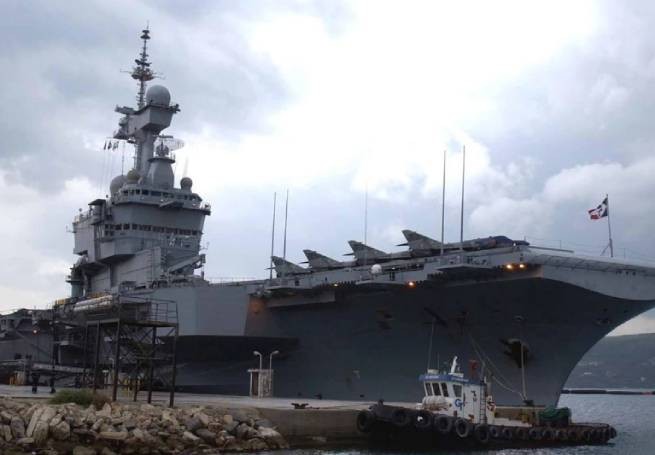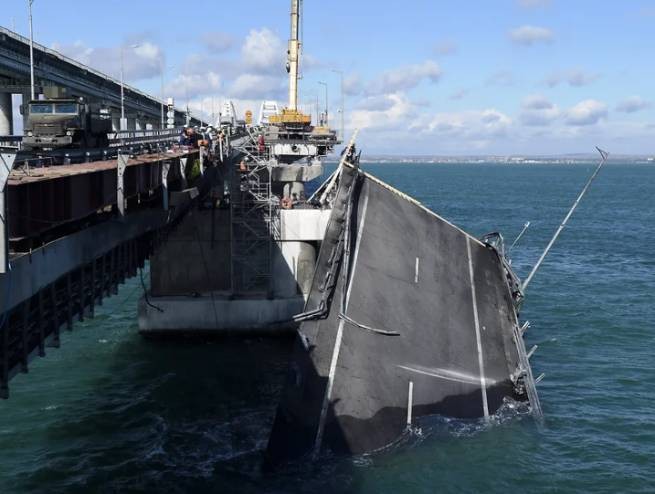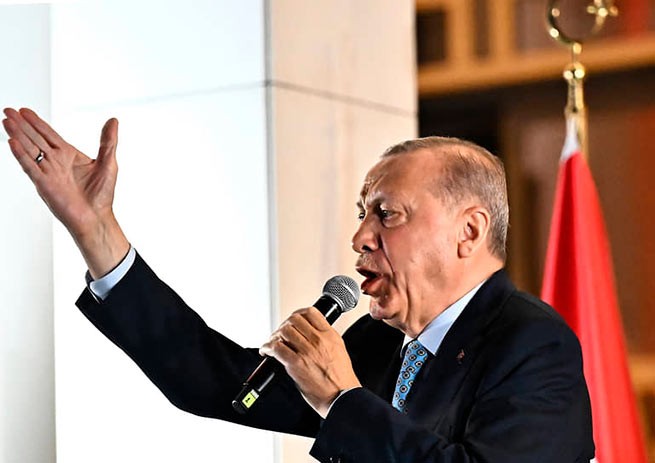In the first 48 hours, Turkey took a fairly balanced approach to the new major crisis between Israel and Hamas. From the very beginning, its leadership was very careful in condemning the events that took place last Saturday.
Erdogan yesterday called them… “incidents” for two main reasons: first, he cannot so easily dismiss Turkey’s recent past and the organic relationship it has with the Muslim Brotherhood, from whose womb Hamas emerged.
Secondly, bearing in mind both the domestic audience and the audience that Erdogan himself in previous years has accustomed to extremes directed against Israel and in favor of the persecuted Arabs, especially the Palestinians, and the Arab population that the Turkish leadership is trying to win over, a clear pro-Israeli position or, in any case, an unequivocal condemnation of the actions of Hamas will have a negative impact on Turkey’s image in relation to the Muslim and Arab elements.
In some ways, Erdogan became a victim of his rhetoric and the moves he made on the Middle East chessboard for almost a decade when he decided to demonize Israel and promote himself as a champion of persecuted and oppressed Muslims around the world.
Erdogan is also irritated by American support for Israel, in the sense that they have not offered similar support in Turkey’s fight against what it claims are Kurdish terrorists in Syria. In fact, the resident of Ak Saray believes that with his attacks on the United States he forced them to justify themselves, so that they will either finally reconsider their attitude towards YPG/PYDor at least foresee negative consequences for their relations with Turkey.
In any case, the unfounded and counterintuitive accusation leveled at the Americans, namely that they are planning bloodshed in Gaza while they are working with Egypt to find ways to alleviate the plight of the Palestinians, reminds many in the United States of the problematic nature of Turkish foreign policy and the fact that the approach of the last few months has been haphazard.
Indeed, this new risky acrobatics by the Turkish president will – at least in the short term – inevitably affect both Israel’s perception of restrictions on deepening bilateral cooperation and the modernization and purchase of American F-16 aircraft. And, barring the unlikely event, it would further delay the Turkish National Assembly’s ratification of Sweden’s NATO membership. In addition, the powerful American Jewish lobby, as well as many members of the Senate, will feel vindicated by Ankara’s ambivalence, while regional stability will once again be threatened.
Finally, Erdogan’s position also has such a dimension as the way he “reads” the global and regional situation: the United States is in the process of leaving the Middle East, they do not want to be seen in the region, and Turkey has the opportunity not only to become autonomous, but also to impose its choice, even despite the Americans and their allies having turned into a local “hegemon”.
Does the Turkish president really believe that distancing himself from the West gives him more room to maneuver and makes him more favorable to revisionist forces competing with the West? It is no coincidence that once again Ankara’s position has become closer, almost aligned, with Moscow’s position.
Konstantinos Filis is director of the Institute of International Affairs (IGA) and professor at the American College of Greece.







More Stories
What influenced Greece’s decision to help Kyiv with weapons?
The Minister of Health called the protesters "insignificant people, kafirs"
Gold Switzerland: “We are in the last 5 minutes of our financial system – the collapse of everything is approaching”